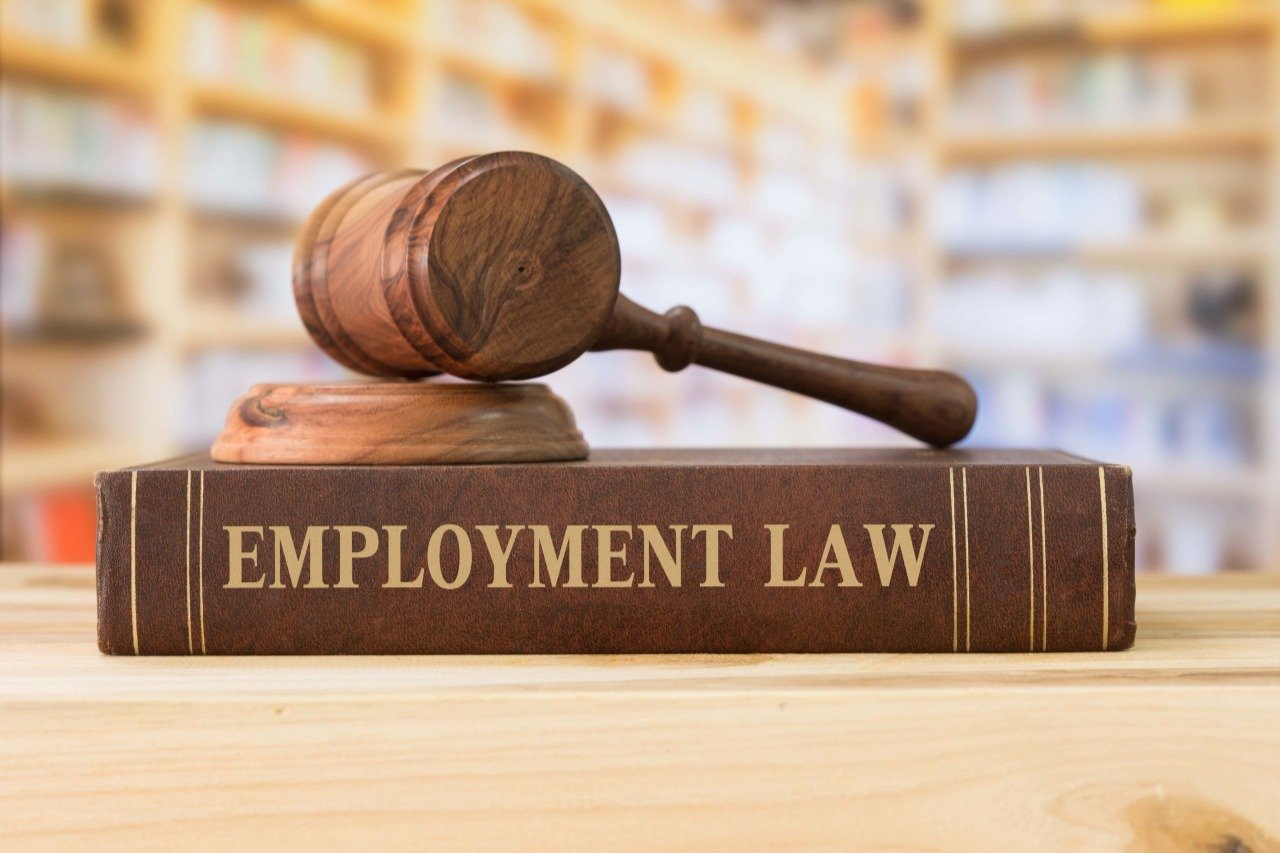Chief Legal Officer
The general counsel or Chief Legal Officer is the person in charge of a company’s legal affairs. He or she normally works in the legal department of a business, government agency, or other organization. In addition to advising the CEO or board of directors, the role also involves advising employees. These professionals are essential for the company’s success. They are expected to know the law and protect its interests. You can visit Chief Legal Officer for more information.
Deputy General Counsel
A Deputy General Counsel for a Chief Legal Officer reports directly to the Chief Executive Office (CEO) and supervises the associate general counsel, assistant general counsel, and compensation and benefits of the legal team. A deputy general counsel can be considered a vice president of the legal department, taking on responsibilities to make things easier for the chief legal officer. In short, a deputy general counsel acts as the right hand of the chief legal officer.
The salary range of a Deputy General Counsel for a Chief Legal Officer can vary widely by region, industry, and size of the company. Before applying for a job in another city, be sure to do extensive research about the salary range in that area. Deputy general counsels are lawyers, and are required to hold a Juris Doctor degree and pass a state bar examination. As one of the highest-level positions in an organization, the Deputy General Counsel’s job is an important one.

A CLO and GC may report to each other, which may be confusing to stakeholders. Having a CLO reporting to the GC may also feel unprofessional, especially if succession is in the offing. Furthermore, the title “General Counsel” tends to mean the person who manages the legal department and interfaces with the board.
Successful leadership
In addition to working with the Chief Executive Officer, the Deputy General Counsel also oversees five offices. The Office of General Counsel provides legal advice to agency staff, while the Office of Cityscapes and Franchises oversees.
A Deputy General Counsel for Chief Legal Officer should have a broad knowledge of the law, including patents, trademarks, and privacy. A good understanding of how the law applies to your organization’s legal strategy is critical to the success of your company. An understanding of how legal issues interact with other aspects of the business is essential for a successful leadership team. This is especially true in the fast-paced, high-tech world.
As the role of general counsel becomes increasingly complex, hiring managers must look for candidates with a broad range of knowledge and experience. Legal knowledge alone will not be enough; candidates should be able to understand and apply business knowledge. Hiring managers should also seek candidates with extensive on-the-job experience. A good general counsel will possess a unique blend of legal acumen, business insight, and strategic know-how. In addition, candidates with a background in business will be more likely to succeed in their position.
As a Deputy General Counsel for Chief Legal Officer, you will work with the Secretary of the Air Force (SECAF) and the Assistant Secretaries. The SECAF is the chief legal officer for the Air Force.
The Deputy General Counsel for the Chief Legal Officer is responsible for providing legal advice and services to the company. A successful candidate will be flexible and be open to change. Whether you’re local or remote, you’ll need to stay in touch with your colleagues and manage multiple work projects.
General Counsel
The roles of Chief Legal Officer and General Counsel are often confused. They are both legal professionals, but they work in different departments. One works in a company’s legal department, the other in the legal department of a government department. The Chief Legal Officer and General Counsel are typically responsible for drafting contracts and ensuring that they meet legal requirements. Both roles play an important role in the development and functioning of a company’s legal department.
As an in-house legal advisor, the role of a general counsel is expanding. The role of a general counsel has evolved to encompass the oversight of a company’s entire legal team. The role of a general counsel may not require the same level of management skills, but the compensation is much higher. In-house counsels are expected to understand the business and the industry in which they operate. This gives them a unique perspective on a range of issues, including compliance and governance.
A CLO and GC typically work in separate departments, but it is possible to have both roles in the same department. However, keeping the two roles in separate departments can lead to confusion among key stakeholders, and it can feel unprofessional if succession is planned. Furthermore, the title of GC is generally synonymous with the person who runs the legal department, but the GC will usually interface with the board and other executives. Thus, a CLO and GC may not be the best choice for every company.
Benefit with legal advice
When selecting a General Counsel, a company should also consider a person with broad legal knowledge. While legal acumen is certainly necessary, it is not enough. General counsels should also have a strong understanding of the industry in which the company operates. An industry knowledge of the company will benefit their legal advice. As a general counsel, you will be involved in crucial contract negotiations and make critical decisions that affect the business. The role of a General Counsel is crucial, so it is important to choose the right candidate who is equipped with both legal expertise and industry knowledge.
The roles of a General Counsel and Chief Legal Officer are not identical, but they are closely related. The Chief Legal Officer focuses on legal matters that affect the company’s overall business. The Chief Legal Officer integrates the legal team into the company’s wider management, aiming to improve the company’s performance in the process. The General Counsel, on the other hand, is considered an executive role. They oversee compliance regulations and manage the legal team.
Management
The duties of a General Counsel and Chief Legal Officer are largely similar. They oversee all legal aspects of a company. General corporate matters include compliance, real estate leasing, intellectual property disputes, and corporate organization. Moreover, they handle issues related to risk management, mergers, acquisitions, and labor relations. In addition, they oversee the Company’s internal audit and compliance departments and act as a chief legal adviser to the board of directors.
The role of Chief Legal Officer and General Counsel may be very different. A general counsel or a chief legal officer can oversee a company’s operations from anywhere in the world. The role of General Counsel and Chief Legal Officer is similar to that of the former CEO. In a company that has grown rapidly, they have to balance the needs of the shareholders with the demands of the business. The Chief Legal Officer and General Counsel is an essential role within an organization, and the legal function plays a vital role in ensuring that the company maintains its reputation.
